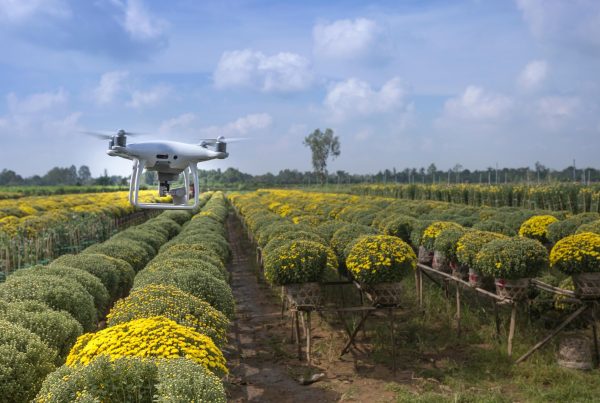Facial recognition is a constantly evolving technology, and much of its improvement is attributed to advances in the algorithms that underlie this tool. These algorithms are the heart of facial recognition systems and are crucial to their accuracy. In recent years, significant strides have been made in this field, enabling facial recognition to become increasingly precise and reliable.
One of the most notable advances is the adoption of deep learning algorithms, specifically Convolutional Neural Networks (CNN). These algorithms mimic the functioning of the human brain and can efficiently analyze and recognize patterns in images. Thanks to CNNs, facial recognition systems can identify key facial features, such as eyes, nose, mouth, and other distinctive characteristics, with unprecedented accuracy.
Another key advancement has been the implementation of machine learning algorithms that allow systems to adapt and improve over time. These algorithms enable facial recognition systems to adjust to individual characteristics and become more accurate as more data is collected.
The combination of these technologies has led to notable improvements in the accuracy of facial recognition, making it suitable for a wide range of applications, from security and biometric authentication to photo organization and task automation.
As research and development continue in this field, we are likely to see even more advancements in facial recognition algorithms, enhancing their accuracy and ability to adapt to various situations and environments. These advancements promise an exciting future for facial recognition technology and its potential to transform numerous aspects of our daily lives.





